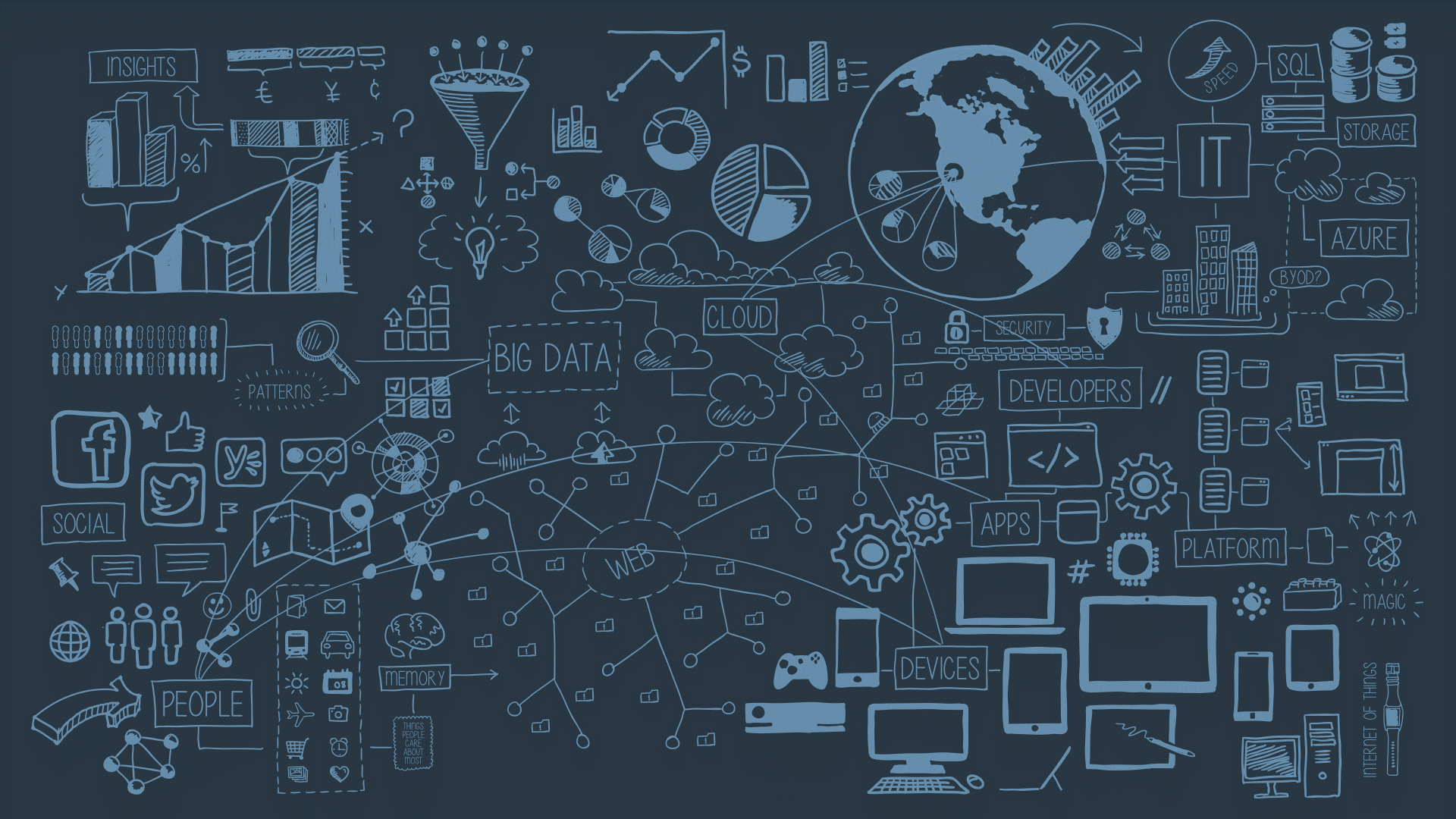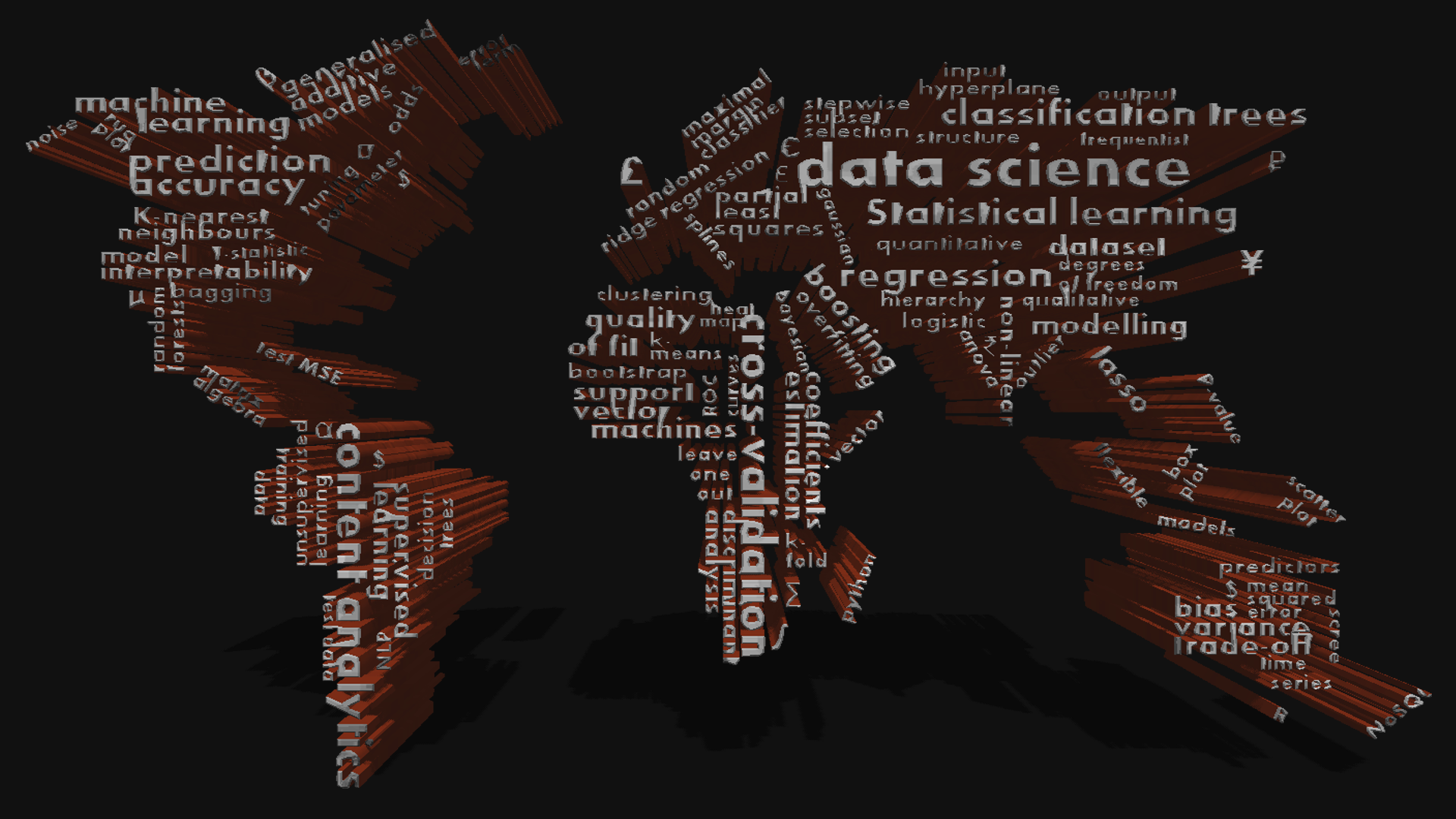When it comes to looking for something you want to try — a new salad recipe, a new classy dress, a new chair for your living room — you really need to see it first. Humans are visual creatures. We use our eyes to decide if something looks good, or if it matches our style.
The 8 Neural Network Architectures Machine Learning Researchers Need to Learn
Today, deep neural networks and deep learning achieve outstanding performance on many important problems in computer vision, speech recognition, and natural language processing. They’re being deployed on a large scale by companies such as Google, Microsoft, and Facebook.I hope that this post helps you learn the core concepts of neural networks, including modern techniques for deep learning.
The 10 Deep Learning Methods AI Practitioners Need to Apply
Deep Learning is strongly technique-focused. There are not much concrete explanations for each of the new ideas. Most new ideas came out with experimental results attached to prove that they work. Deep Learning is like playing LEGO. Mastering LEGO is as challenging as any other arts, but getting into it is easier.
The 10 Algorithms Machine Learning Engineers Need to Know
It is no doubt that the sub-field of machine learning / artificial intelligence has increasingly gained more popularity in the past couple of years. As Big Data is the hottest trend in the tech industry at the moment, machine learning is incredibly powerful to make predictions or calculated suggestions based on large amounts of data.
The 10 Statistical Techniques Data Scientists Need to Master
Data scientists live at the intersection of coding, statistics, and critical thinking. As Josh Wills put it, “data scientist is a person who is better at statistics than any programmer and better at programming than any statistician.” I personally know too many software engineers looking to transition into data scientist and blindly utilizing machine learning frameworks such as TensorFlow or Apache Spark to their data without a thorough understanding of statistical theories behind them. So comes the study of statistical learning, a theoretical framework for machine learning drawing from the fields of statistics and functional analysis.





